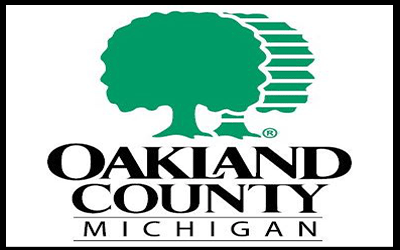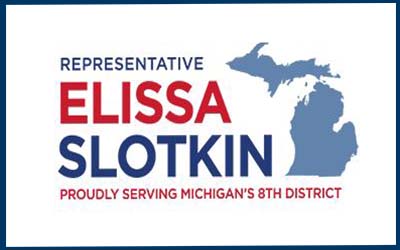
County Health Division Update On Vaccine Clinics And Doses
Oakland County Health Division COVID-19 Update On Vaccine Clinics And Doses For The Week Of March 23-29
Pontiac, Michigan – Oakland County Health Division will conduct 16 COVID-19 vaccine clinics by appointment only the week of Tuesday, March 23 – Monday, March 29 in the following communities: Holly, Madison Heights, Novi, Pontiac, Rochester, Southfield, Waterford, and West Bloomfield. In addition, the Health Division will administer COVID-19 vaccine at four long-term care centers. To date, 30 long-term care centers have received a first and second doses of vaccine. The county also is redistributing vaccine to 28 providers this week.
The State of Michigan distributed 26,400 doses of COVID-19 vaccine to Oakland County Health Division this week, including 2,340 Pfizer doses from FEMA. The Health Division will administer the FEMA doses, provided as part of the establishment of Ford Field as a regional vaccination site, in Waterford and Pontiac to residents who live in areas with a higher Social Vulnerability Index. Here is the breakdown by manufacturer, excluding the FEMA doses:
Johnson & Johnson
1st Dose 0
2nd Dose 0
Total Doses 0
Moderna
1st Dose 400
2nd Dose 2,600
Total Doses 3,000
Pfizer
1st Dose 11,700
2nd Dose 9,360
Total Doses 21,060
Meanwhile, Oakland County’s Save Your Spot list is down to just over 238,000 registrations, down from a peak of about 600,000. The following is an update on progress vaccinating Oakland County residents, according to the State of Michigan COVID-19 Vaccine Dashboard as of
March 21, 2021:
- Total eligible residents: 1,029,737
- Number of residents who have received first dose: 310,684
- Number of residents who have completed vaccination: 172,904
- Vaccine coverage: 30.2%
- Total eligible senior residents 65 and older: 217,676
- Number of senior residents who have received first dose: 143,738
- Number of senior residents who have completed vaccination: 87,847
- Vaccine coverage for senior residents: 66.0%
- Total doses distributed by state within Oakland County: 468,015
- Total doses administered within Oakland County: 480,466
- Percentage of doses administered within Oakland County: N/A













